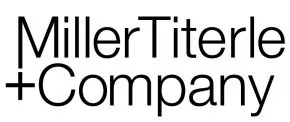British Columbia is seeking to enhance its regulatory spill response regime across the province by way of a phased approach. As described below, Phase 2 is currently underway, and comments on this process are due by the end of April 2018.
Initial Phase
The initial phase began in October 2017, with new requirements on spill preparedness, response and recovery under the Environmental Management Act (EMA) coming into force, along with three new regulations: the Spill Preparedness, Response and Recovery Regulation; the Spill Reporting Regulation; and the Spill Contingency Planning Regulation.
Intentions Paper
This led to Phase 2, pursuant to which the BC Ministry of the Environment (MoE) released the Policy Intentions Paper for Engagement: Phase Two Enhancements to Spill Management in British Columbia. This Intentions Paper describes key policy concepts that the MoE is considering to improve responses in the event of spills. It also outlines the engagement process that the MoE is following to obtain feedback, which includes regional meetings with Indigenous communities throughout the spring of 2018. The MoE intends to use the feedback it receives to inform the policy options it puts forward to the government to consider.
Thoughts on Spills Regulation?
Key policy concepts that the MoE is currently seeking feedback on are:
- response times to ensure timely responses to spills;
- Geographic Response Plans to ensure necessary resources are in place to address the needs of specific areas;
- means of addressing and compensating for losses of public use from spills, including economic, cultural, and recreational impacts; and
- maximizing the marine application of the MoE's environmental emergency regulatory powers, with the intent is to ensure a high consistent standard of protection in marine and terrestrial settings.
The content of this article is intended to provide a general guide to the subject matter. Specialist advice should be sought about your specific circumstances.


